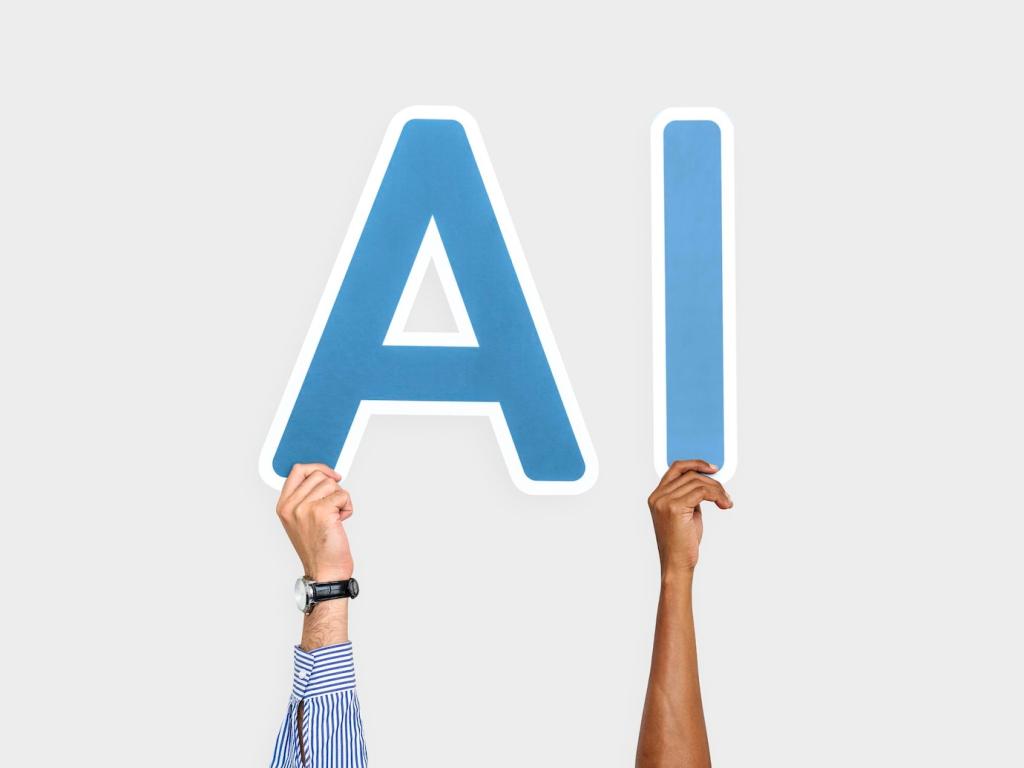The Future of AI in Educational Assessment
As artificial intelligence continues to evolve, its impact on educational assessment is profound and far-reaching. Once limited to automated grading of simple quizzes, AI now presents opportunities to revolutionize how we measure, personalize, and enhance student learning. By leveraging the power of intelligent algorithms, educators and institutions can develop more accurate, adaptive, and inclusive assessment systems. The future promises assessments that move beyond rote memorization, embracing complex competencies and deeper understanding. This transformation holds the potential to create more equitable outcomes, foster lifelong learning, and prepare students for the challenges of a rapidly changing world.

Transforming Traditional Assessment Methods

While automated grading has been an early application of AI in education, its capabilities have rapidly expanded. Initially focused on multiple-choice or simple response questions, contemporary AI systems can now assess essays, project-based work, and even oral communication. By analyzing a wide range of data points, these systems offer timely, detailed feedback that helps students improve their work. The reduction in administrative burden allows teachers to focus more on instruction and less on repetitive tasks. Moreover, AI-powered grading can reduce human bias and promote greater consistency in evaluation.
Enabling Equity and Inclusion in Assessment
Accessibility for Diverse Learners
AI technologies can personalize assessments to meet the needs of students with disabilities or those who require accommodations. Text-to-speech, speech recognition, and customized user interfaces can make assessments more accessible, ensuring that all learners have an opportunity to showcase their knowledge. By removing barriers related to language, vision, or physical ability, AI supports the principle of Universal Design for Learning and helps level the playing field for every student.
Reducing Cultural and Linguistic Bias
Traditional assessments often contain implicit cultural or linguistic biases that disadvantage certain student groups. AI can help mitigate these biases by analyzing assessment content and outcomes for patterns of unfairness, enabling educators to refine questions and scoring methods. Additionally, natural language processing tools can translate or modify assessment materials to better reflect the experiences of a diverse student population. Over time, this leads to fairer evaluations and more accurate representations of learner potential.
Data-Driven Interventions for At-Risk Students
The predictive analytics capabilities of AI enable early identification of students who may be struggling or at risk of disengagement. By examining assessment data, attendance, and other factors, AI systems provide timely alerts to educators and counselors. These insights facilitate swift, individualized interventions that address challenges before they escalate. As a result, schools can foster a more inclusive environment and support every learner’s journey toward success.
Personalization and Learner-Centric Approaches
Through AI, assessments can be designed to align with students’ interests, strengths, and career aspirations. Powered by deep analysis of learning data, systems can recommend or generate questions and tasks that resonate with each learner’s background and goals. This relevance not only increases engagement, but also promotes a sense of ownership over the learning process. Students are more motivated to demonstrate their knowledge when assessments reflect their unique context.
AI facilitates real-time tracking of student progress across a broad spectrum of competencies, not just academic achievement. Smart dashboards and analytics tools visualize learning trajectories, revealing both accomplishments and areas for improvement. This allows educators, parents, and students themselves to make informed decisions about instructional strategies and next steps. Continuous access to meaningful data fosters greater agency and accountability within the learning journey.
AI-driven assessments make it possible to support mastery-based learning models, where advancement is determined by demonstrable understanding rather than time spent in class. Adaptive technologies assess competencies repeatedly, allowing students to revisit concepts as needed until mastery is achieved. This flexible approach validates individual growth rates and learning patterns, ensuring that no student is left behind or held back by artificial deadlines. Ultimately, mastery-based assessment nurtures deeper understanding and readiness for future challenges.
